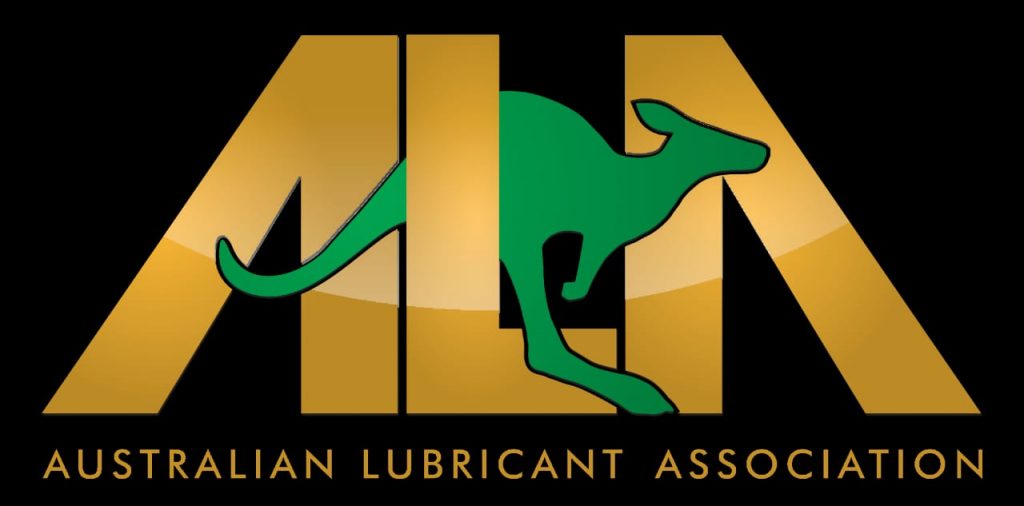What is ATIEL ?
ATIEL is the Technical Association for the European Lubricants Industry and operates as a not-for-profit organisation under Belgian law. For over 25 years, ATIEL has acted as the representative voice for the lubricant sector, harnessing the collective knowledge of its members to drive advancements in engine oil innovation that benefit vehicle manufacturers, consumers, and the environment.
The association works in close partnership with ACEA, the European Automobile Manufacturers Association, as well as with additive suppliers and testing organisations, to ensure that lubricant standards align with the latest engine technologies and regulatory requirements. ACEA establishes the technical and quality benchmarks known as the Engine.
Oil Sequences for both light and heavy duty vehicles, which determine the minimum technical standards for products making performance claims against the sequences for various categories of light and heavy-duty engines with or without exhaust after-treatment devices.
To support lubricant marketers, ATIEL, along with the Additive Technical Committee of Europe (ATC) and ACEA have jointly developed the European Engine Lubricant Quality Management System (EELQMS). This system offers a detailed framework for designing, developing, manufacturing, and marketing lubricants in accordance with the ACEA sequences, ultimately providing consumers with assurance regarding the quality and consistency of their engine oil lubricants.
How do Lubricant Marketers make claims against the ACEA Engine Oil Sequences?
Lubricant Marketers wishing to make performance claims against the ACEA Engine Oil Sequences must first register with SAIL, Services to Associations and Industry in the Lubricants Sector, by signing a “Letter of Conformance” (LoC). The LoC serves to confirm adherence to EELQMS and is submitted to SAIL, the organisation that manages the system.
The Lubricant Marketer will choose which claims they make. It is important to note that ACEA performance claims are self-certified, which means that terms like “approved,” “certified,” or “recommended” cannot be used as valid means of making an ACEA claim.
Are combined claims possible for the same lubricant such as C2, C3?
You can make performance claims across more than one category for the same lubricant within the ACEA Engine Oil Sequences. This approach allows for broader range of applications and could rationalise a Lubricant Marketer’s portfolio. However, this is only permissible if all relevant chemical limits and physical testing requirements set out in the relevant category/categories are fully met. Be sure to consult the Valid Compatible Change table for further details.
When does a claim regarding the ACEA oil sequence become invalid, partial, or incomplete?
The ACEA Engine Oil Sequences stipulate that every test must be passed in order to make a valid performance claim, conditional or partial claims are not permitted. For instance, a claim like C2 (excluding fuel economy) does not constitute a valid claim within the ACEA C2 category as it is a partial or qualified claim. Similarly, a combined claim such as C2 (without fuel economy)/C3 is also not recognised as valid.
A recent market survey conducted by ATIEL has uncovered various issues concerning invalid claims in the industry. These issues include claims that are technically impossible, highly unlikely, incorrectly described, or misrepresented. One possible cause for this confusion is a lack of technical understanding or misinterpretation of the ACEA Engine Oil Sequences. Additionally, there may be some misunderstanding regarding the requirements associated with different ACEA Sequence releases— specifically, the years 2012, 2016, and 2023, along with their respective expiry dates.
Currently, the applicable ACEA Engine Oil Sequences are ACEA 2022 for Heavy Duty (HD) and ACEA 2023 for Light Duty (LD). Furthermore, combined claims require clarification; for instance, a claim of A3/B3/B4 is not acceptable, while A3/B3 and A3/B4 are valid claims. ACEA guidelines stipulate that the year indicator is for industry use only and should not be used for marketing claims to the end user. For example, it should simply be ACEA A3/B4, not ACEA A3/B4-16, as the year and number are not intended for marketing purposes to the end user such as product data sheets and labels.
Is there a time frame during which claims are valid?
Yes, each ACEA sequence has a specific validity period. ACEA has released a list detailing the expiration dates for both the ACEA 2023 Light-Duty Engine Oil Sequences and ACEA 2022 Heavy-Duty Engine Oil Sequences. A formulation must comply with the criteria of a valid ACEA sequence to uphold its current claim.
Claims made against the ACEA 2023 Heavy-Duty Engine Oil Sequences can be made from 17 October 2023 and are mandatory for all new claims from 17th October 2024. Claims made against the ACEA 2022 Heavy-Duty Engine Oil Sequences are allowable until 1 October 2024.
Claims made against the ACEA 2023 Light-Duty Engine Oil Sequences can be made from 12 September 2023 and are mandatory for all new claims from 12th September 2024. Claims made against the ACEA 2012 Light-Duty Engine Oil Sequences are allowable until 1 August 2025.
Refer to the Valid Compatible Change Table
Incompatible claims arise when the claims are technically impossible due to conflicting demands of two or more Categories, or highly unlikely due to minimal overlap in physical and chemical properties required for that combination of Categories.

This situation may also occur when there’s a low probability of compatibility because of limited similarities in the necessary physical and chemical properties for that combination of categories.





